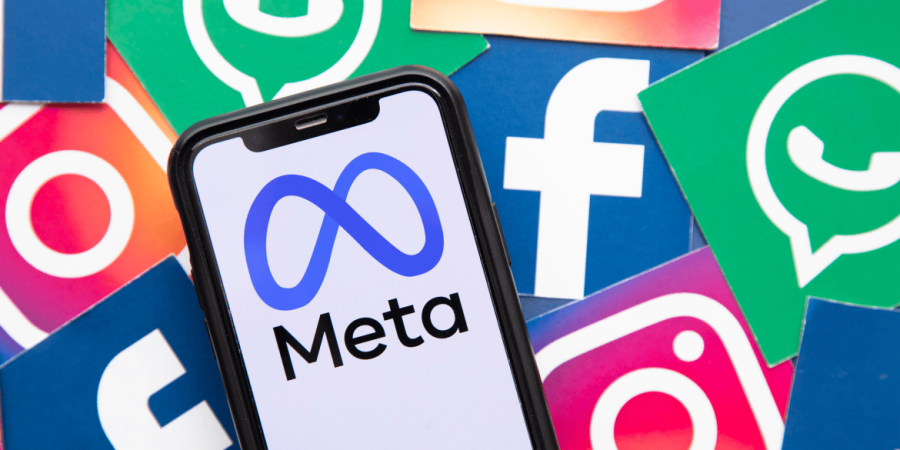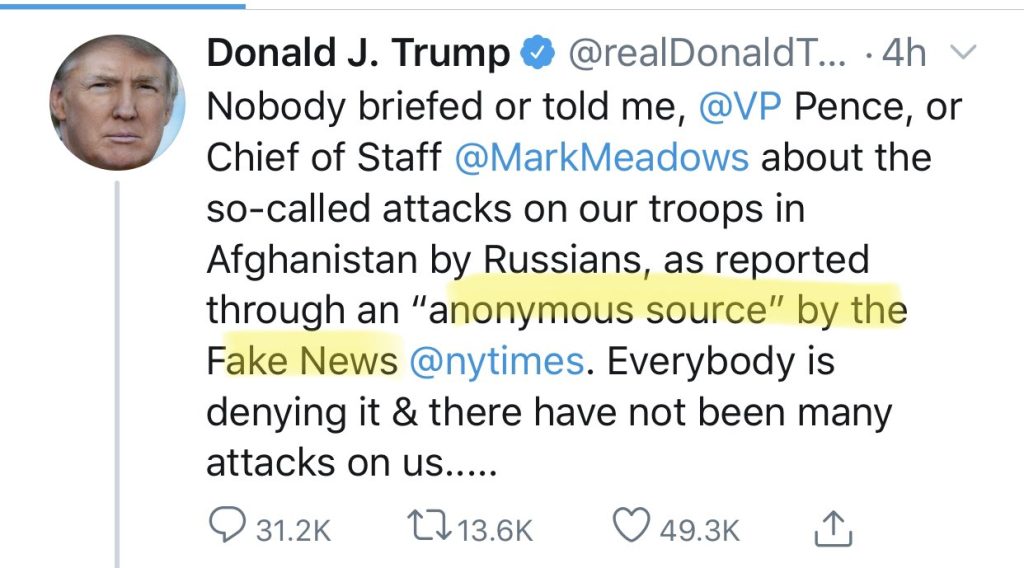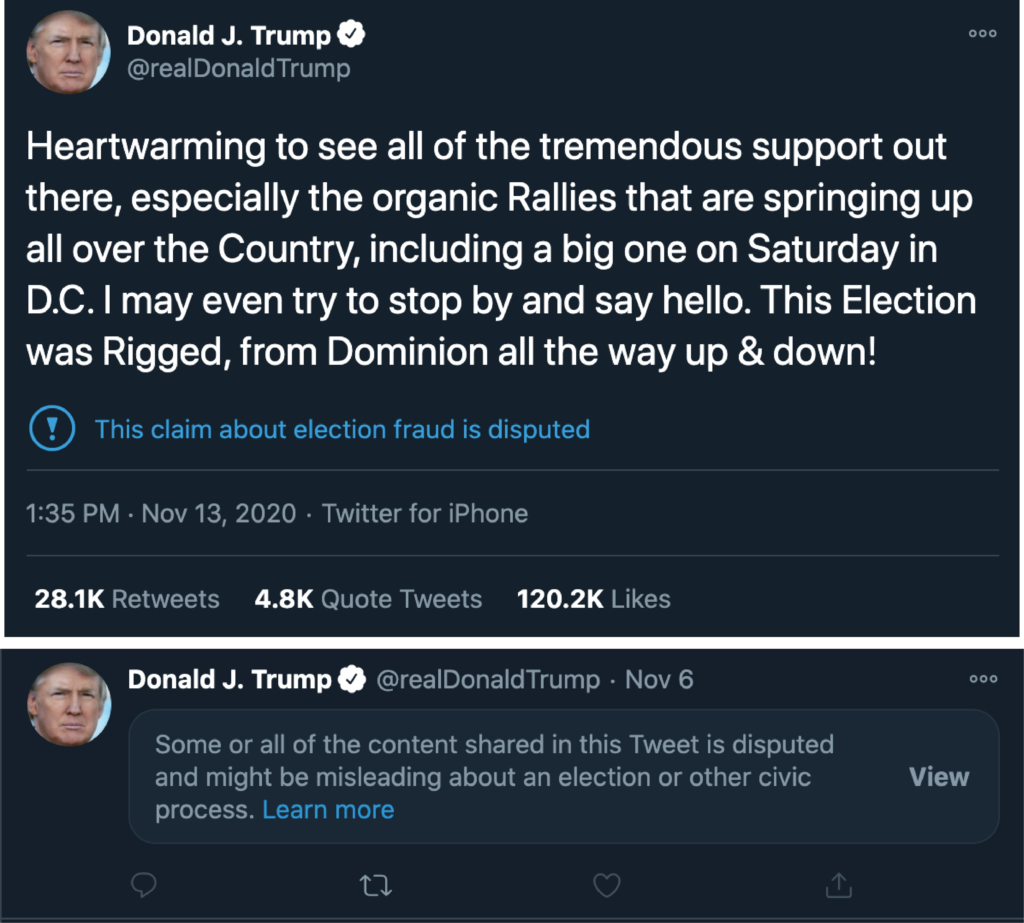US theorists Edward Herman and Noam Chomsky created the Propaganda Model, which argues that mainstream American (and Western) media is driven by corporate business interests. This model goes hand in hand with manufacturing consent, as it builds upon the idea that media owners produce and distribute a sort of culture that shapes society.
An example of this is the company Meta, owned by Mark Zuckerberg. Meta most notably owns the social media applications Instagram, Facebook, and WhatsApp. This demonstrates how media is driven by business interests, as these three apps are essentially a monopoly on the online media industry. Facebook and Instagram, particularly, use algorithms in order to create a unique user experience. This further proves how such a monopoly on the social media industry allows for companies to create their own sort of culture.

I believe that the Propaganda Model and the theory of culture industry go hand in hand. Companies, such as Meta, utilize their powers as media conglomerates to control the media industry and create media culture that influences how society perceives certain topics. Furthermore, it is important to note that these companies thrive off of advertisements. This part of why algorithms are used, so that users will be more likely to click on advertisements that adhere to their interests.
Another example of the Propaganda Model is X, formerly known as Twitter. X was bought out by Elon Musk in 2022. After taking control of the app, Musk reinstated former (and soon to be) US president Donald Trump in November of 2022 after he was banned from the platform in January of 2021. He was banned due to his propaganda based posts, which led to widespread disinformation. Trump utilized X to further his agenda. Unfortunately, as we are in a digital society, there were a lot of people that believed these posts. It is evident that our society increasingly depends on social media in order to get news. This is how companies such as X control and influence users.
This also further showcases how media is driven by business. Musk used X to demonstrate his political beliefs, and strengthened his relationship with Trump in doing so. Musk was recently appointed to Trump’s cabinet. Consumers are at a disadvantage as these business leaders have all of the power over the distribution of media. In doing so, they create a culture industry shaped by the Propaganda Model.
In conclusion, is it evident that media monopolies such as Meta and X hold all of the power when it comes to social media. As noted by Chomsky and Herman, media output presents a distorted view of the world as its key aim is to persuade audiences to think in ways that favor the political elite. It is also concealed in a way, as most users do not even notice that what is being presented to them is a sort of propaganda. This week’s lecture and seminar were most definitely eye opening for me and further demonstrated how dangerous the media can be.




The blogger’s blog made me further realize that our social media is not only driven by commercial interests, but also influenced by political factors at a higher level. It is precisely these interest-driven models that make users more and more controlled by algorithms and big data, and then live in the “information cocoon” created by them. Therefore, I think we need to be aware of these problems urgently, and start from our personal perspective to rationally view the social media information we receive. In addition, I think we can also focus on how to face the current model of manufacturing consent, for example, we also need to call on all sectors of society to strengthen supervision and work together to break the current monopoly and barriers to manufacturing consent.
Hi Isabella! You made a great choice of contemporary media examples that linked to the “Manufacturing Consent” theory and helped us understand the theory easily through the examples. I like how you also linked to the “Culture Industry” concept, saying that the media owners are trying to generate a media culture to shape the society on how they perceive specific topics to amplify the media owners’ benefits either for revenue (Meta) or political stance (X).
The Meta example greatly matches the “size, ownership and profit orientation” and the “advertising” filter under the Propaganda Model – using algorithms to maximise the user will click on the advertisements and Meta’s profit;
and the X example greatly matches the propaganda model theory, which states that media owners serve the elite. It is horrible how Musk is using his media platform to propagate his bias in political stance and could possibly shape certain perspectives among the X users, and we couldn’t imagine that.
Lastly, a suggestion: it will be great to link the examples to the arguments of the Propaganda Theory, such as matches which filters or statements. I hope it helps, and great job!
I found your post really engaging, especially the way you connected the Propaganda Model to platforms like Meta and X. It’s fascinating (and a bit alarming) how you highlighted the power these companies have in shaping culture and public perception. The example of Musk reinstating Trump on X really hit me—it’s a clear demonstration of how media owners can use their platforms to push personal or political agendas. It also made me think about how much of what we consume online is filtered through algorithms. Sometimes, it feels like we’re stuck in an echo chamber, only seeing what these companies think will keep us engaged. Your point about users not even noticing the propaganda is something I’ve experienced myself—I’ve caught myself believing something, only to realize later that it was biased or part of a larger agenda.
This blog does a great job of combining theory with real-world examples, helping me understand the Manufacturing Consent theory. It shows how mainstream media in the U.S. is driven by corporate interests and uses the examples of Meta and X to analyze how media monopolies impact social culture and political agendas. Corporate and political agendas often shape the way we consume information through algorithms and platform control, even influencing our views on certain issues. I’ve learned a lot from this blog!
I like the use of real-world illustrations of how corporate interests shape media and culture. The inclusion of elon musk makes the post more relatable because this is a well known person. This blog is very engaging and informative, while being very clear.